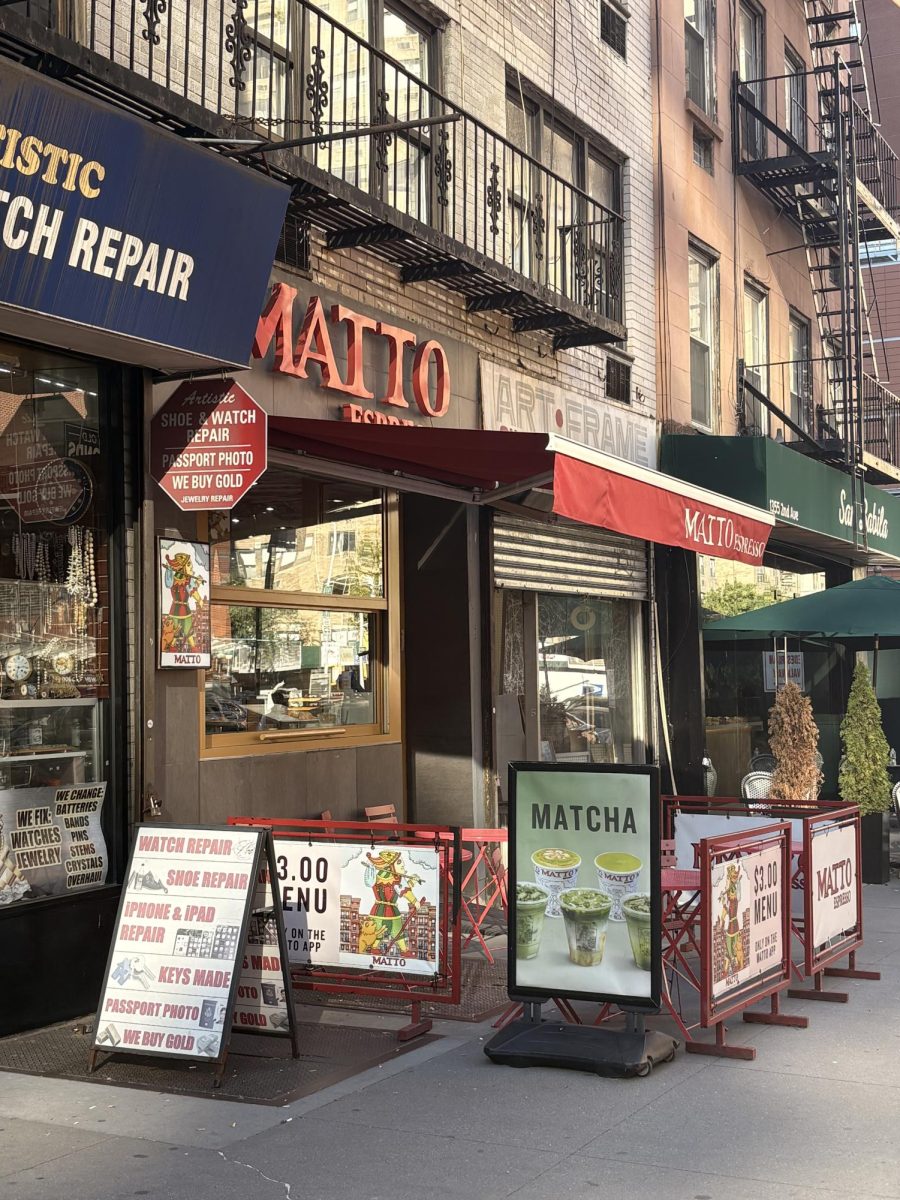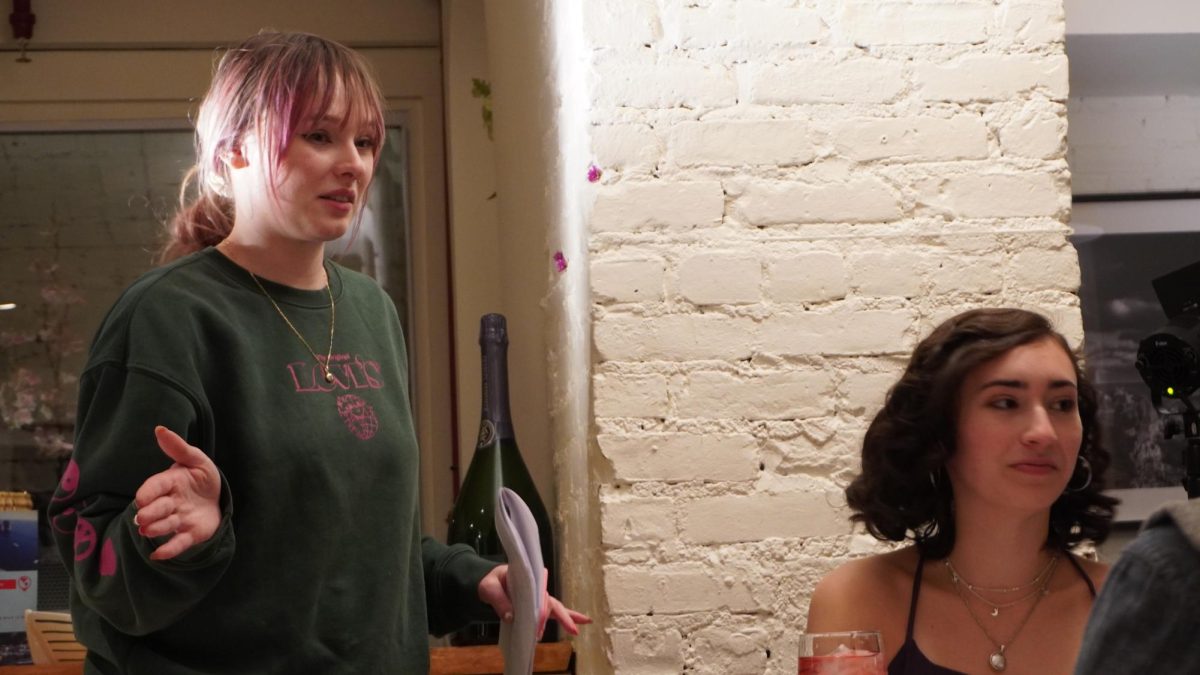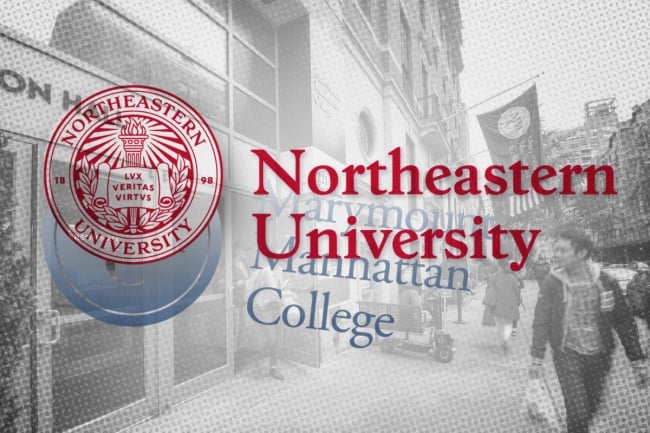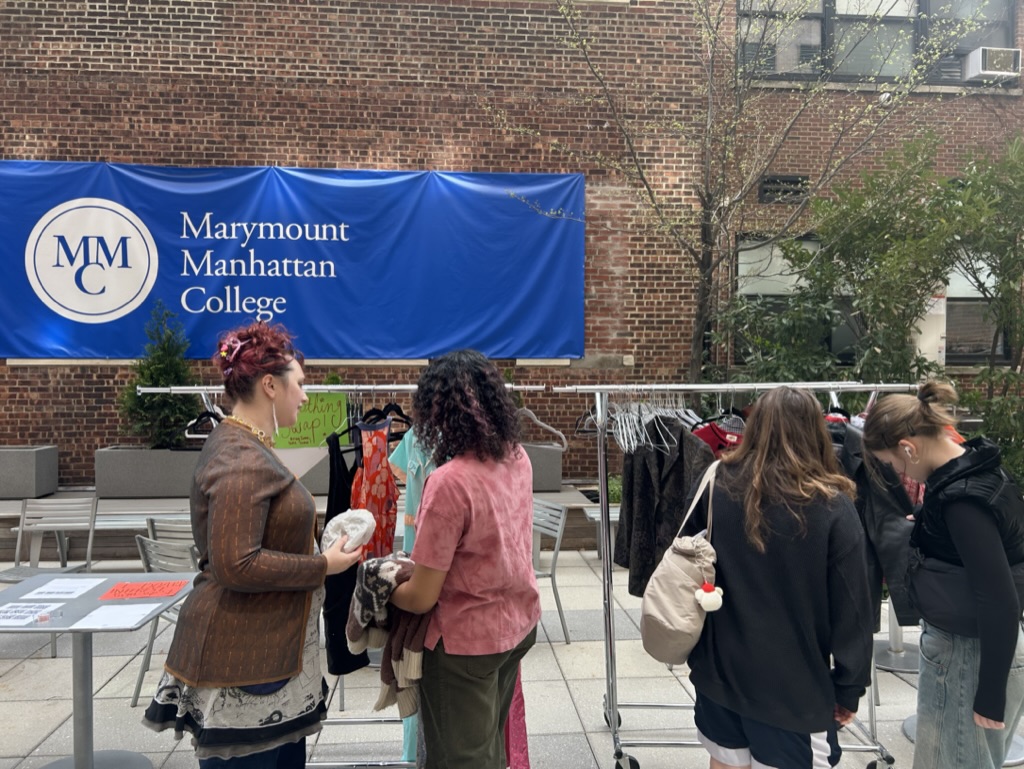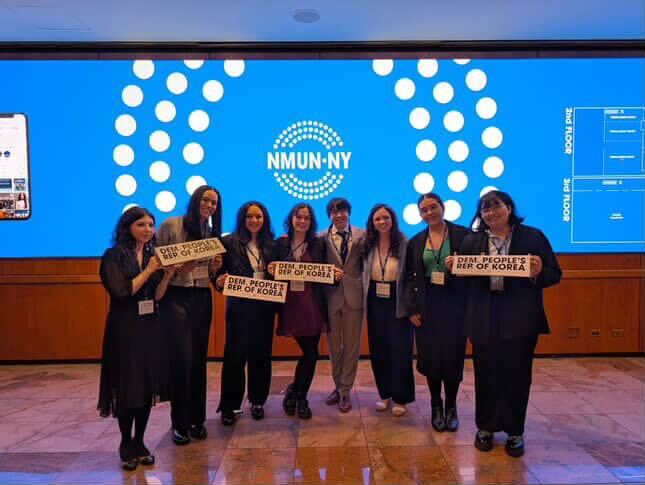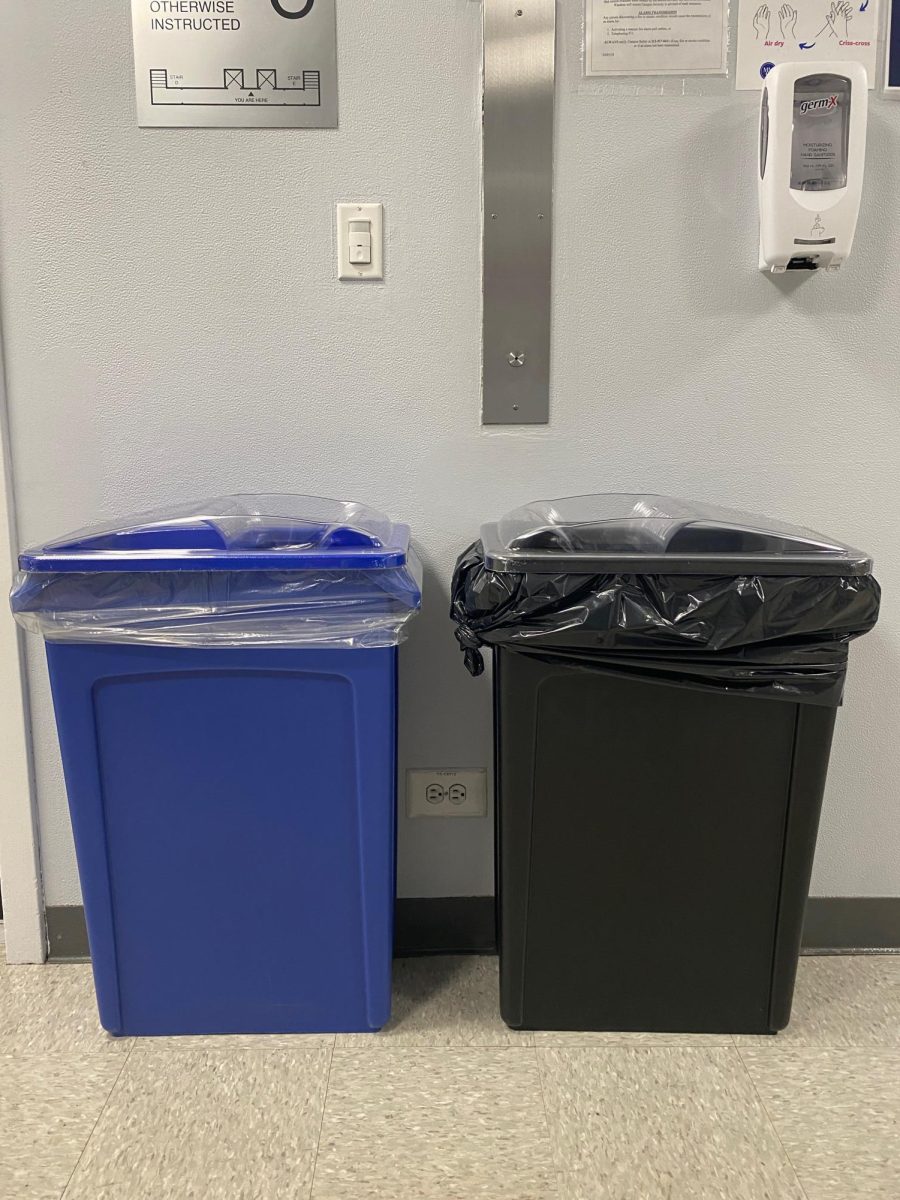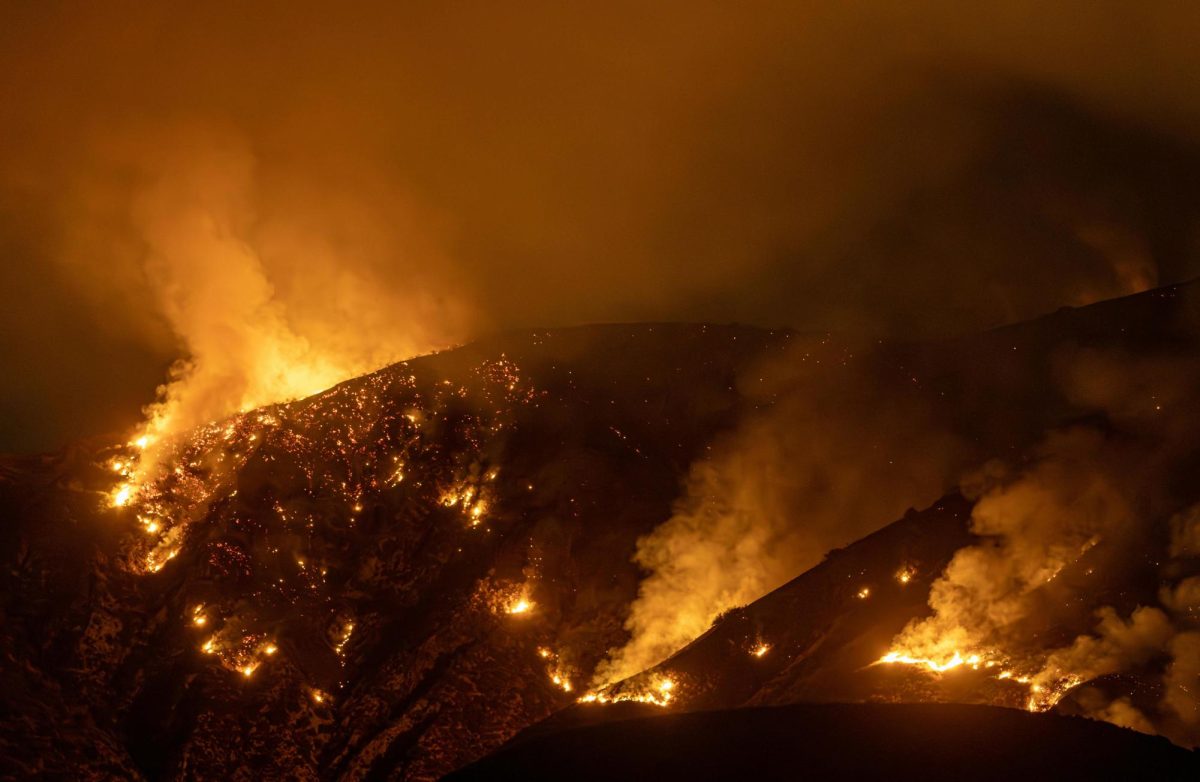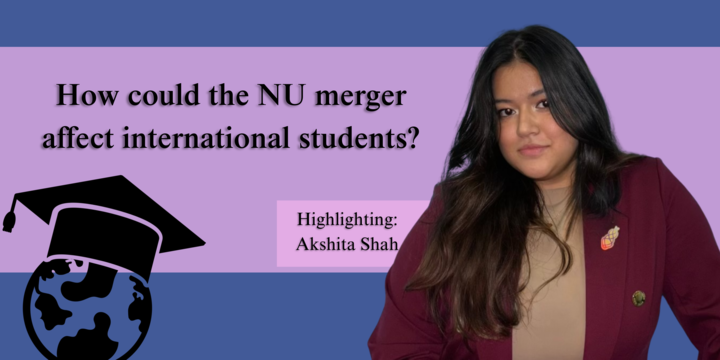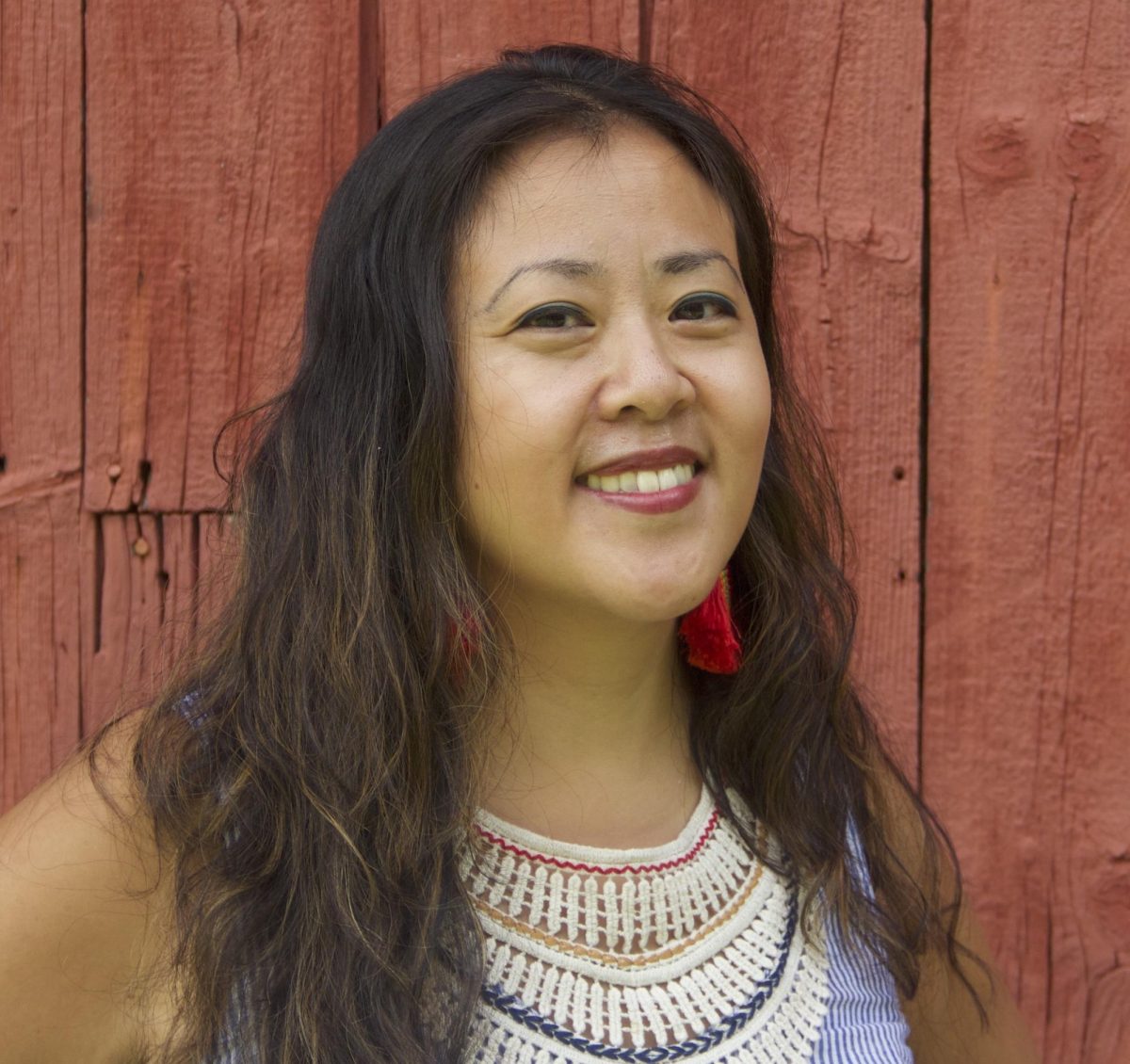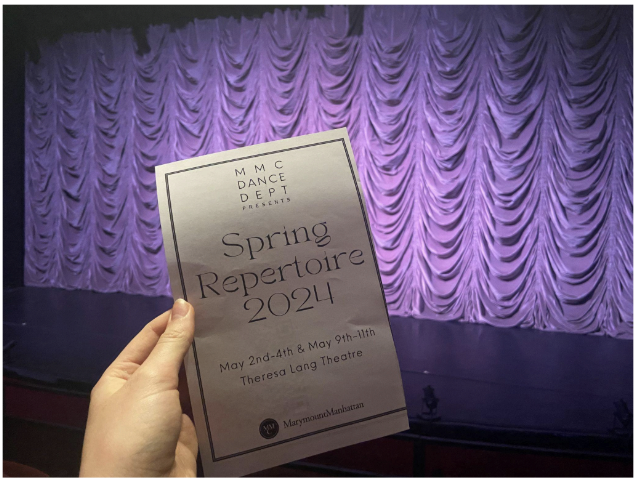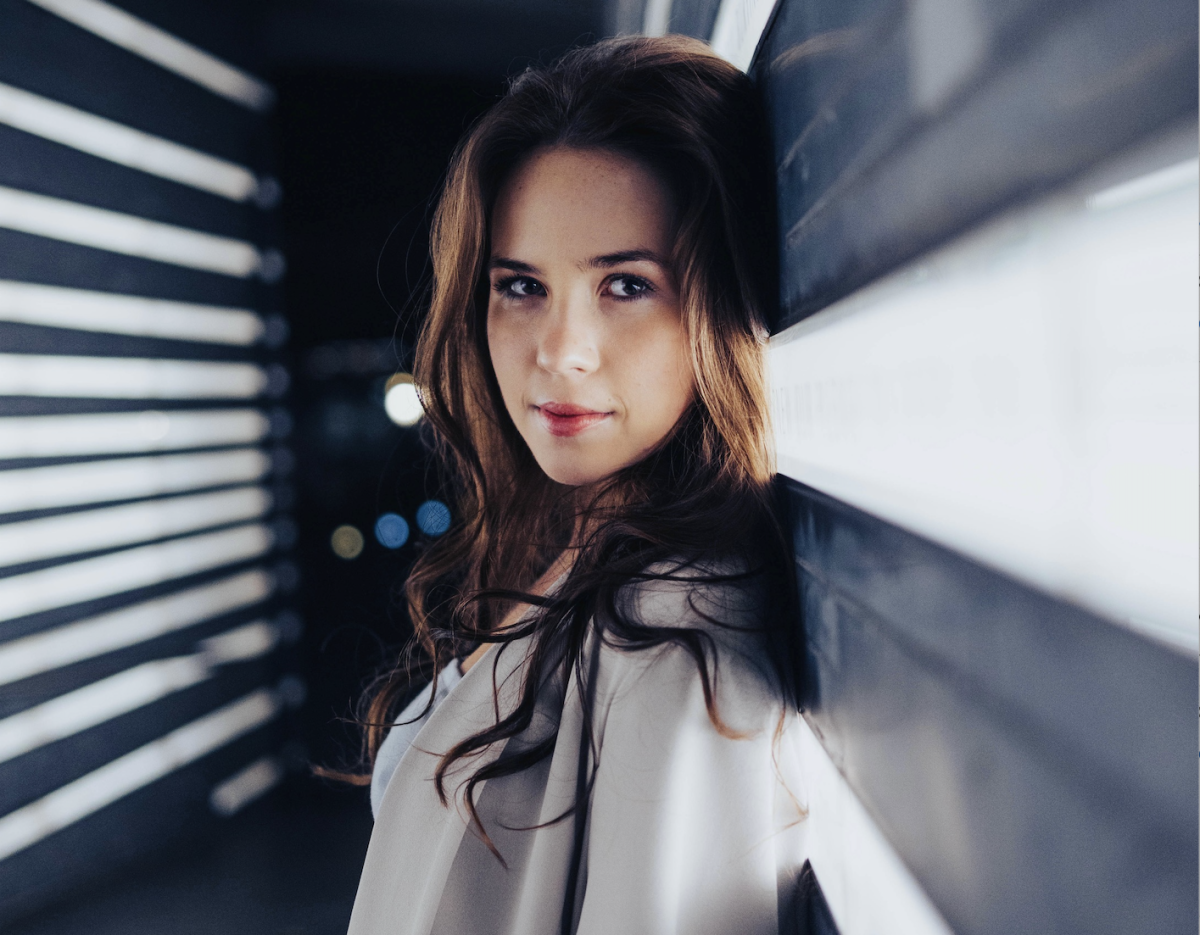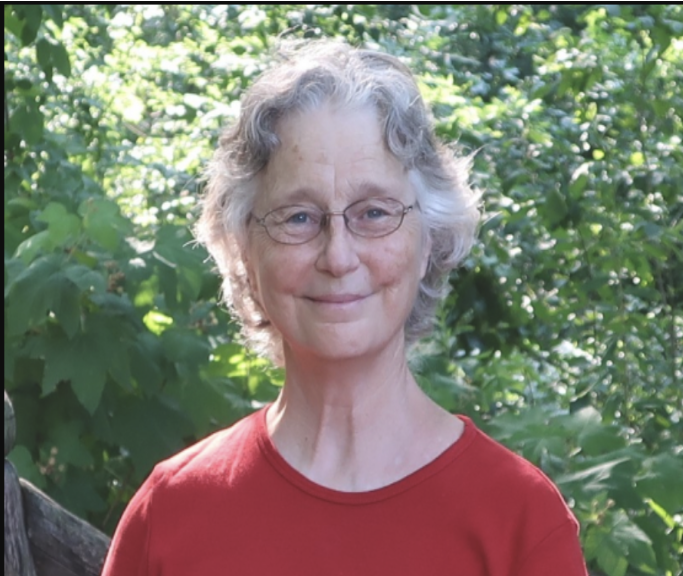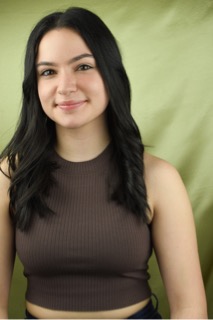Throughout the years, Ice Skating has proven itself to be both one of the most well-known and overlooked sports in the world. I took a moment to sit down with Marymount Sophomore and ice skater Caroline Riley, who proved that there’s more to the ice skating world than pretty outfits and a trip to the Olympics.
Riley began her figure skating journey in her hometown of Atlanta, Georgia when she was just three and a half years old. According to Riley, she’s been told that her interest sparked when she skated at a birthday party and refused to get off the ice.
She began competitive figure skating very soon after at the age of four and a half to five years old, the age at which her first documented competition appeared on YouTube.
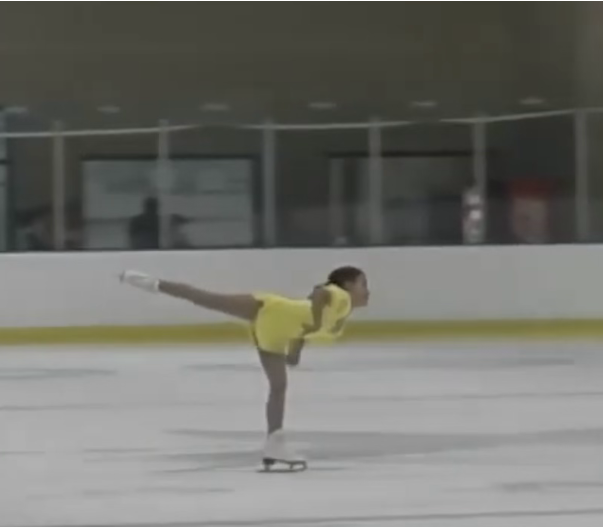
Though grateful for her upbringing in figure skating, it’s very apparent to Riley that it wasn’t all sunshine and rainbows. From the age she began skating, Riley experienced a very abusive and toxic environment in the rink. From witnessing verbal and physical fights between parents to coaches counting calories, and to outrageous limitations of dress colors that were banned because they were considered too sexual on a minor.
“Yeah they said it was too sexy as a five-year-old if I wore a red or black dress and even dark blue was a stretch. I mean coaches would throw things at you, and they would scream. Yeah, they kind of controlled your life. It was a very weird dynamic.”
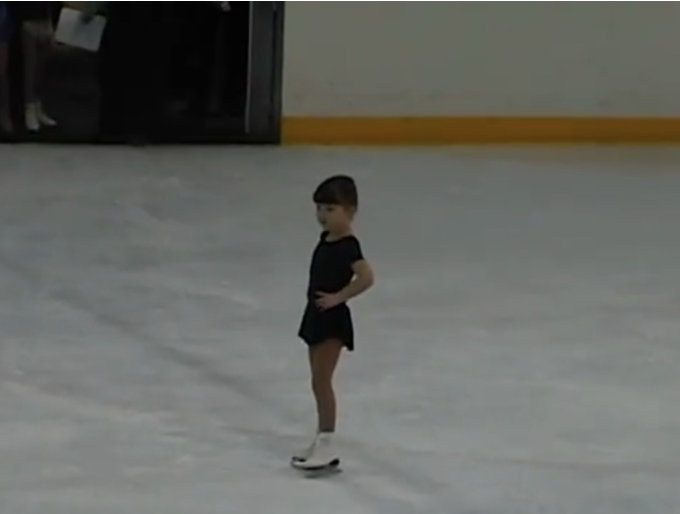
Riley also experienced firsthand how unjust the ice skating world was when it came to financial accessibility. “At competitions, if you couldn’t afford the best hotel, if you couldn’t afford the best restaurant, or if your dress wasn’t custom made, then you get shunned from the rest of the group.”
We live in a world where, unfortunately, participating in sports and activities at a professional, competitive level is extremely catered to people with money. “It’s a very white sport, it’s a very economically secluded sport which sucks.” Even for Olympic athletes everything must be self-paid unless they have hefty sponsorship. This includes travel, housing, food, etc. The only money they see is if they medal in any of their events, contributing to the number of Olympic athletes currently in extreme debt.
Because of these experiences, Riley ultimately left her rink in 2015 at the age of 10 years old. At the time, she thought she was completely done with figure skating. That was until 2017 when she was introduced to the world of Theatre on Ice.
While attending an art school, Riley came into contact with a peer who was a figure skater for Atlanta Ice Theatre. Thanks to her encouragement, Riley auditioned for the team catapulting her into a whole new outlook on life as an ice skater.
Theatre on Ice is a team sport that is a combination of dance, theatre, and skating. The two programs you would normally see in figure skating: short program and long program still stand for Theatre on Ice. However, the difference is that in their short program, they can only wear all black and they have a specific theme that they have to follow. Whereas the long program serves as a more theatrical event. Where the team’s coach creates their own artistic idea in which the team has 5 minutes to tell the story on ice.
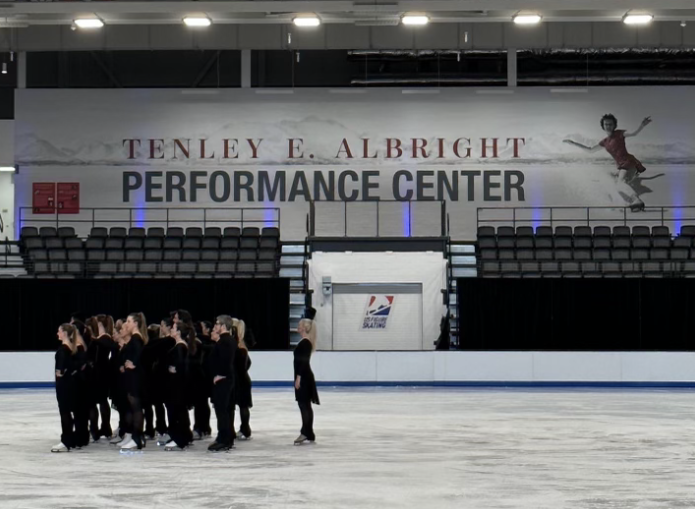
Every other year Theatre on Ice has World Championships. For the first few years Riley has been a part of Atlanta Ice Theatre, they didn’t qualify for Worlds. So the team went to Nationals every year, all of which were at a different location: Alabama, Michigan, Kansas, etc.
According to Riley, last year was their first year qualifying for Worlds which took place in Boston, Massachusetts. Due to losing a year during COVID, the Theatre on Ice World Championships are being held this year as well. Only this time they’re in Bordeaux, France!
With the World Championships coming up in April, Riley has to find the time to juggle her attendance at Marymount with rehearsals in Atlanta. Though the team started out with one rehearsal a month during the fall, they now have reached the point of two rehearsals a month on Sundays. “There have been days where I land in Atlanta at 2 am and then have practice at 10 am. Then I go straight from practice to the airport back here and I land usually around 11 pm, then go to school.”
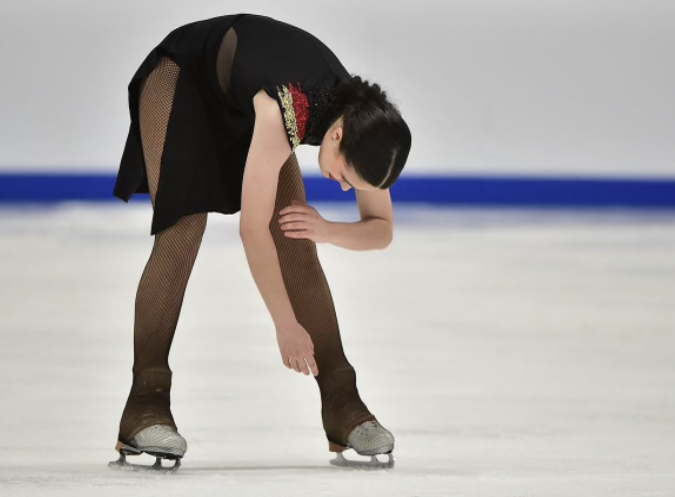
It’s very clear that Riley’s love for ice skating and being a part of Atlanta Ice Theatre in particular has fueled her passion and dedication to this art form. “It’s intense. I mean you have to really love it to do it but Atlanta Ice Theatre is something special, I love them.”
Through her journey in Theatre on Ice, Riley has also found a love for a discipline in ice skating called Ice Dance – a solo or dual form of skating that essentially equates to ballroom on ice, usually done at a competition level. According to Riley, she’s just testing the waters right now in hopes of getting her pre-silvers to hopefully then go silver, pre-gold, and gold in hopes of exploring Ice Dance more when she’s out of college.
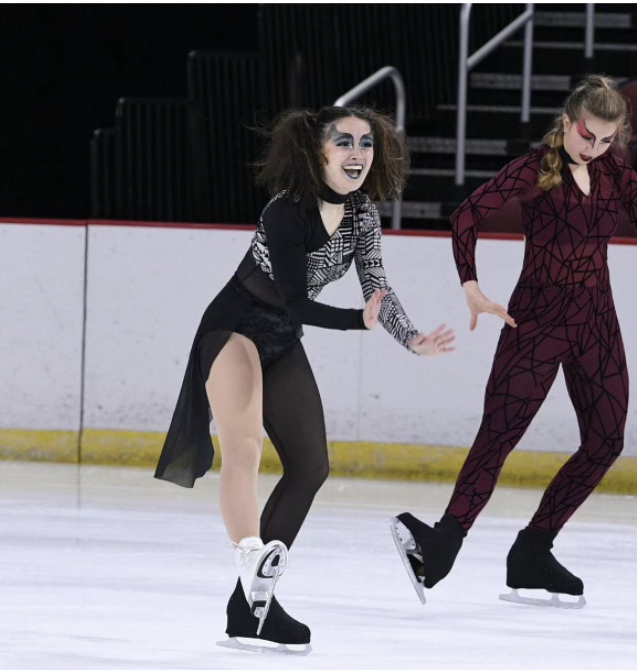
And though pursuing the Olympics is a conclusion most people jump to when they think of figure skaters, Riley doesn’t plan to be an Olympian anytime soon. “A lot of people view it as if you don’t go to the Olympics you’re not successful. Or if you’re not doing it to go to the Olympics then you’re not competitive or you’re not passionate enough about it. It’s a very harmful school of thought. I love Ice Dance because it makes me stronger. I just love it.”
Riley’s current goal is to pass her gold tests, go into international tests, and then eventually teach and compete. As an assistant coach at her home rink, Riley already finds joy in teaching skating to the younger generation, serving as a vital part of the change she wishes to see in the skating world. Especially pertaining to the racist and homophobic practices in skating that tend to go heavily unnoticed.
Riley also wishes to use her double major in film and media to document the lives of other figure skaters within her community and around the world who are making a difference. She may even create a film based on her experience in France. “I’m not sure what direction I want to take with that yet but I’ve been given a lot of advice that I should, no matter what, just film everything. There’s a new world with film and skating. You have to be passionate but you can do whatever you set your heart to.”

